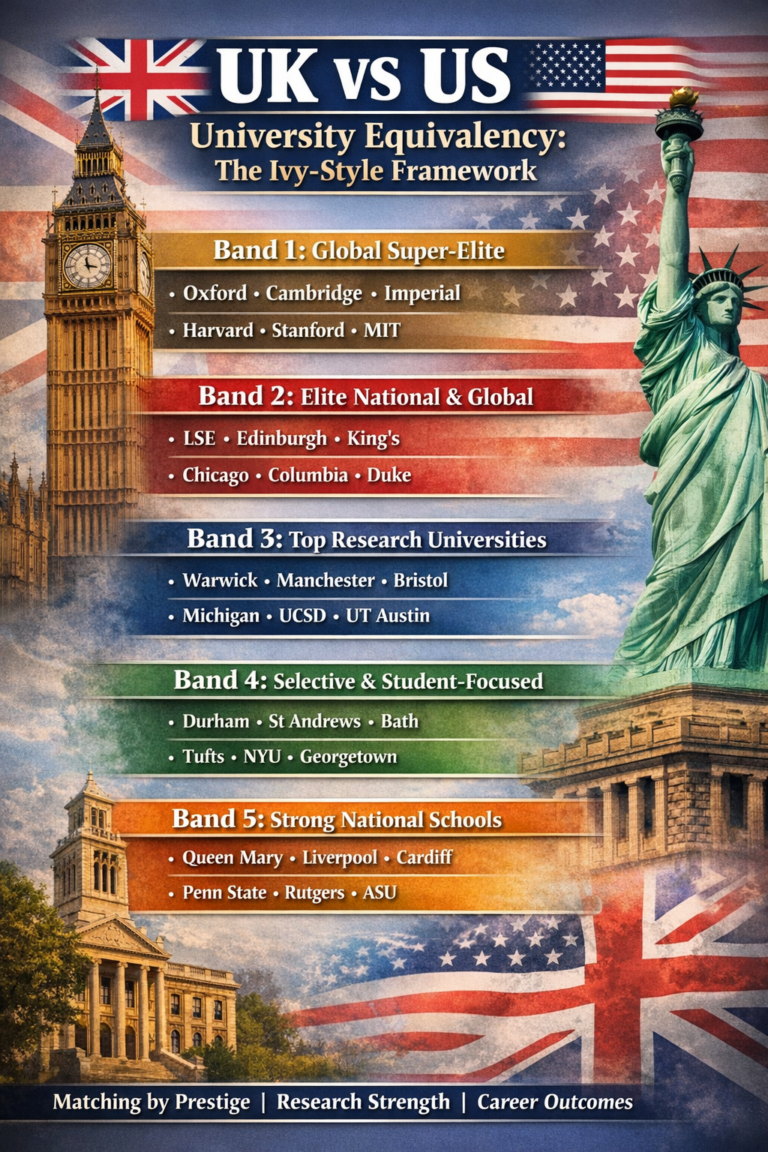Artificial Intelligence is revolutionizing various industries. Slowly it has now entered the realm of college admissions. Just as Human resource departments in companies use the Applicant Tracking System (ATS), Schools are beginning to use AI as an assistant tool in the initial phases of college application grading. The adoption of technology will help the process to become streamlined, making the handling of a large number of applications faster and more manageable.
The introduction of AI brings with it pertinent questions like how and why colleges are using AI in application reviews, and what it means for students. This blog provides a perspective on the role of AI in applications and also talks about strategies for students to adapt to this new reality.
Intelligent.com surveyed nearly 300-plus education professionals who are extremely knowledgeable about the institutions they work for and the admission practices, 48% indicated that their colleges were planning to use AI to review student admissions essays. This would start as early as the fall of the 2024 application cycle.
The Role of AI in Streamlining College Application Reviews
Increased Volume of Applications
The pool of applications in the past few years has been going through the roof. This year and the years ahead are set to see an increase in the number. The volume of applications the admissions team is expected to review is mind-boggling. Tens and thousands of applications in elite universities such as Stanford, Cornel, Harvard, etc are making the process challenging for admissions officers. Sifting through the large numbers is making reviewing each application in-depth rather difficult. AI is known to analyze vast amounts of data such as standardized test scores, academic records, etc., thereby providing a baseline assessment of applicants.
John G. Haller, VP for Enrollment Management at the University of Miami stated that Miami will be “piloting [an AI application] for reading and reviewing essays in the fall.” Haller continued, “We are excited about the opportunity to try to use AI as an application reading feature for essays to see if it can help streamline the process to a greater degree.” This will assist admissions officers in focusing on the more nuanced and complex part of the application that involves personal essays and special circumstances.
Historically, engineering colleges are working toward achieving a more transparent and systematic process to assess an applicant holistically. Admissions officers are being urged to consider applications on more individual traits rather than providing a summary. The presence of humanity education biases, whether intentional or accidental in the choice of a candidate, cannot be dismissed. The question is, can AI achieve to assess applications holistically? Apparently with stunning precision. Computer algorithms are trained to generate personal quality scores from student writing at near-zero marginal cost. Using artificial intelligence to assess personal qualities in college admissions | Science Advances
Artificial Intelligence and Holistic Admissions
Preempting the possibility of integrating AI with holistic admissions, a research group from U.Penn and the University of Colorado at Boulder developed a tool by modifying a Facebook Large Language Model, ROBERTA, to analyze and evaluate student admission essays across seven metrics. Some of these include teamwork, motivation, leadership prosocial purpose. The Slate Platform, which is a comprehensive admissions tool that is used by over 1,900 admissions offices across the country, promises to deliver AI essay evaluation through its Pre-Reader: “The Slate Pre-Reader will summarize what a reviewer needs to know about a letter of recommendation, college essay, etc.” Hence, AI just doesn’t focus on data. Advanced models are being developed to ascertain a student’s entire application.
Plans for the initial phase of using AI for admissions
Analyzing Data
AI excels at processing structured data—information that can be easily classified, such as exam scores, GPA, and course load. Many institutions utilize AI to scan this information and rate applicants based on their academic performance. This gives admissions authorities a starting point for selecting which applications require a more thorough evaluation.
Sentiment Analysis in Essays
AI can help the admissions officers check if a particular essay is answering the prompt. To assess the correctness of grammar and emotional tone, large language models (LLMs) like GPT are capable of this task.
Detecting Patterns and Anomalies
AI tools are trained to detect patterns across a student’s application. By scanning the entire record, AI will detect inconsistencies in the academic record and essay writing style, raising potential red flags that require further scrutiny. AI can identify applications that require further examination, prompting admissions teams to review these cases more thoroughly.
Conclusion
The adoption of AI in college admissions marks a significant shift in how applications are reviewed and processed. While AI can streamline the initial stages of application review, human judgment remains crucial in making final decisions. Students must adapt to this new reality by focusing on the authenticity and coherence of their applications, ensuring that they present a holistic and genuine picture of their achievements and aspirations. Focusing on Strengthening Extracurriculars and Personal Components would become imperative to stand out. Working on various projects will ensure that students can maintain their authenticity and define their uniqueness. By avoiding the temptation to use AI applications for essays, students can maintain their integrity and originality. Working with your college counsellor will be extremely important for you to understand the entire application process.








